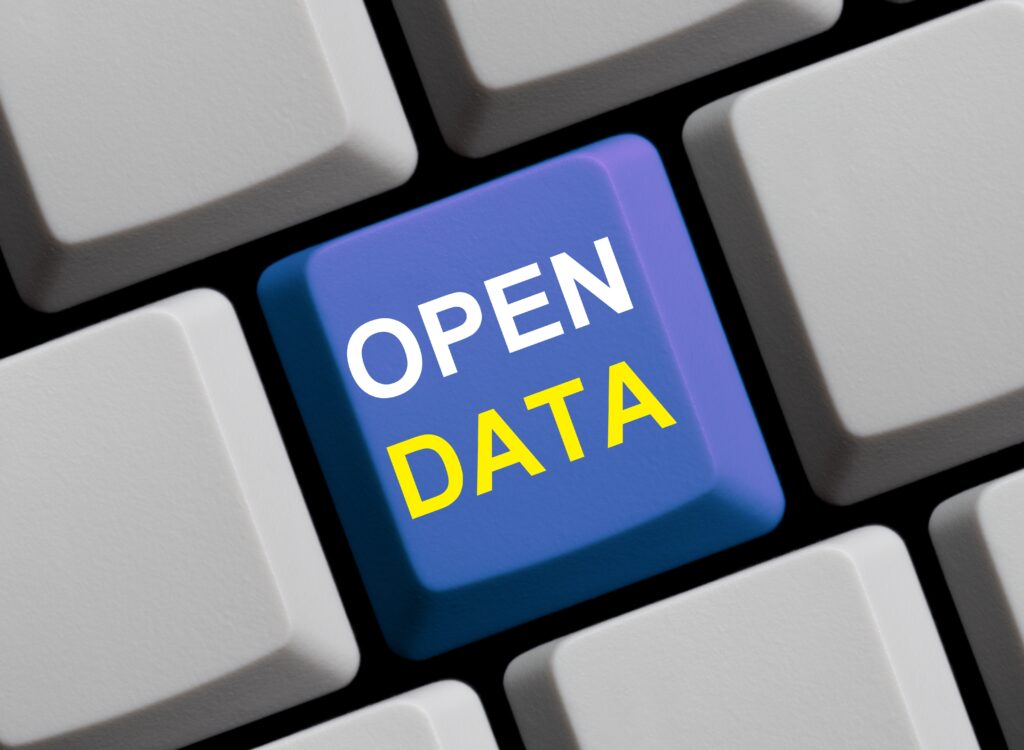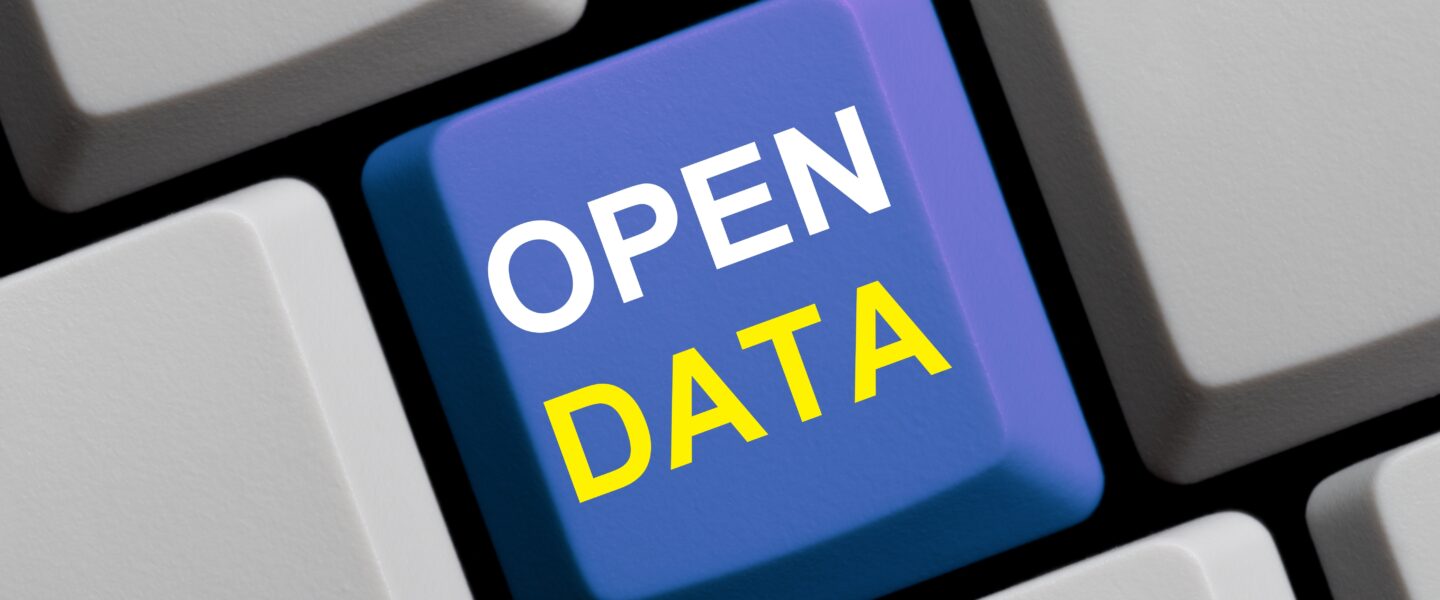
Avoid illegal downloads
Illegal downloading is the act of acquiring or accessing via the internet works (music, films, etc.):
- Protected by Copyright
- Without being remunerated in any way whatsoever (the artists and producers)
It is also sometimes referred to as hacking.
There are several techniques for obtaining or accessing works via the internet.
For example:
- Peer-to-peer sharing. Thanks to specific software, you download the desired work from other Internet users who have obtained the same work by the same technique.
- Streaming. You listen to a song or watch a movie directly on a website without prior download.
- Direct download. A link takes you directly to the desired file. It is stored by one person.
These techniques are not considered illegal. But they can be used for both legal and illegal intent. The Internet user must ensure that they are used correctly. You will only be penalized for using the illegal ways.
Legal downloads on the internet (music, movies, series)
Many websites allow you to legally watch or download movies, series and music. Some sites are free, others paid. Any copy of a work that is not for your personal use is illegal, even if the purchase is legal in the first place.
YouTube offers the Creative Commons license to all users
Since 2018, YouTube has offered a new option to Internet users who send videos to the service: the publication of the latter under the Creative Commons license. An approach designed to make it easier to share original content for users who want it.
Now, followers of the streaming video publishing service have two choices when posting a video: use the YouTube story license, which locks the video as usual, or opt for the Creative Commons license, which allows users to other users to reuse the video in their projects, either by simply duplicating it, or by selecting an extract directly through an editor offered by YouTube.
“The Creative Commons license offers a standard way for content creators to grant permission to someone else to use their work,” explains the site in the FAQ dedicated to this new feature. The use of this license is non-profit, which means that the creator of the video who decides to apply CC rights to it will not be able to claim any remuneration from the people who will use said video subsequently. In return, the latter can of course not use this video for commercial use. Note also that the author of the original video is automatically cited when his video is used by someone else, in accordance with the CC-BY license which requires to indicate the authorship of the base work.
Creative Commons licenses Terms of Use
Creative Commons License Definitions
Each music published is subject to a free distribution contract, generally Creative Commons, chosen by the creator. The author retains his rights in his work, however he allows certain freedoms under certain conditions.
One of the main features of Creative Commons licenses is that you don’t have to apply for permission to use or share a track. The license gives you the right to do so without asking for permission. The license gives you permission provided you comply with the terms of the contract.
Do you have the right to use music licensed under Creative Commons?
The answer is simple, it all depends on how you use it. In all cases (except for the CC0 public domain license), you must credit the beneficiary and the license applied to his work.
Examples of use
If you make commercial use, you may only use music that is not subject to “NC” contracts (you do not have the right to use these creations for commercial purposes).
If you want to remix music, you can only use those that do not have a contract “ND” (you do not have the right to modify, transform or adapt this creation).
The ideal would be to contact the artist directly and let him know about your project, I’m sure he will be delighted to see the result with one of his compositions.
Also be aware that he can waive any of these conditions if you get his permission.
How to avoid copyright violations when using Creative Commons images & videos
Creative Commons (CC) licenses allow the unrestricted use of images, movies, and other creative works. These licenses are widely seen on YouTube, Wikipedia, Wikimedia Commons, and Flickr. Although all Creative Commons works are free to use, almost all of them demand acknowledgment. The failure to give credit – or the incorrect formatting of an attribution – is a violation of the licensing terms and a copyright infringement. While appropriately formatting a Creative Commons attribution takes some work, it allows you to use professional-quality photographs without paying hundreds of dollars in stock photo fees. Here’s how to properly credit a Creative Commons work in print and on the web.
Creative Commons licenses come in a variety of flavors. Images with the CC0 license are the only ones that can be used without credit. That’s because the zero in CC0 stands for “no rights reserved,” which indicates the creator relinquishes all rights to the content they created, thereby donating it to the public domain.
The majority of Creative Commons content does not have this public domain license. As a result, the safest (and most courteous) course of action is to simply provide credit whenever you come across a Creative Commons license on anything you want to utilize in your outreach and promotions.
How Can I Stay Legal When I Download?
We advise YTD users to familiarize themselves with YouTube content licensing in order to avoid legal complications. We advise you to download copyright-free content (or work that has been released under an open license) for non-commercial usage.
On YouTube, you will be able to find two types of licenses: Standard and Creative Commons.
The default licensing option for all uploaded videos is the Standard YouTube License. When content owners opt for this form of agreement, they are granting YouTube exclusive broadcasting rights. The platform’s Share function allows users and viewers to watch and share content on social media and other platforms. It is, however, illegal to download and republish such content in any other way.
The Creative Commons License, commonly known as the CC license, is an option that allows YouTube users and viewers to freely edit, reuse, and redistribute video. This sort of license allows only original content that is not copyrighted by another company or person to be submitted.
We therefore advise you to use the best video downloader only for videos that have been released under a Creative Commons license. You can use the equivalent filter under the search bar to find CC-licensed YouTube videos.
Content on other websites, in addition to YouTube, may be protected by copyright. Examine the terms of service for the services in question, as well as the licensing of specific movies. Copyright-protected content should not be distributed or used for commercial reasons.
